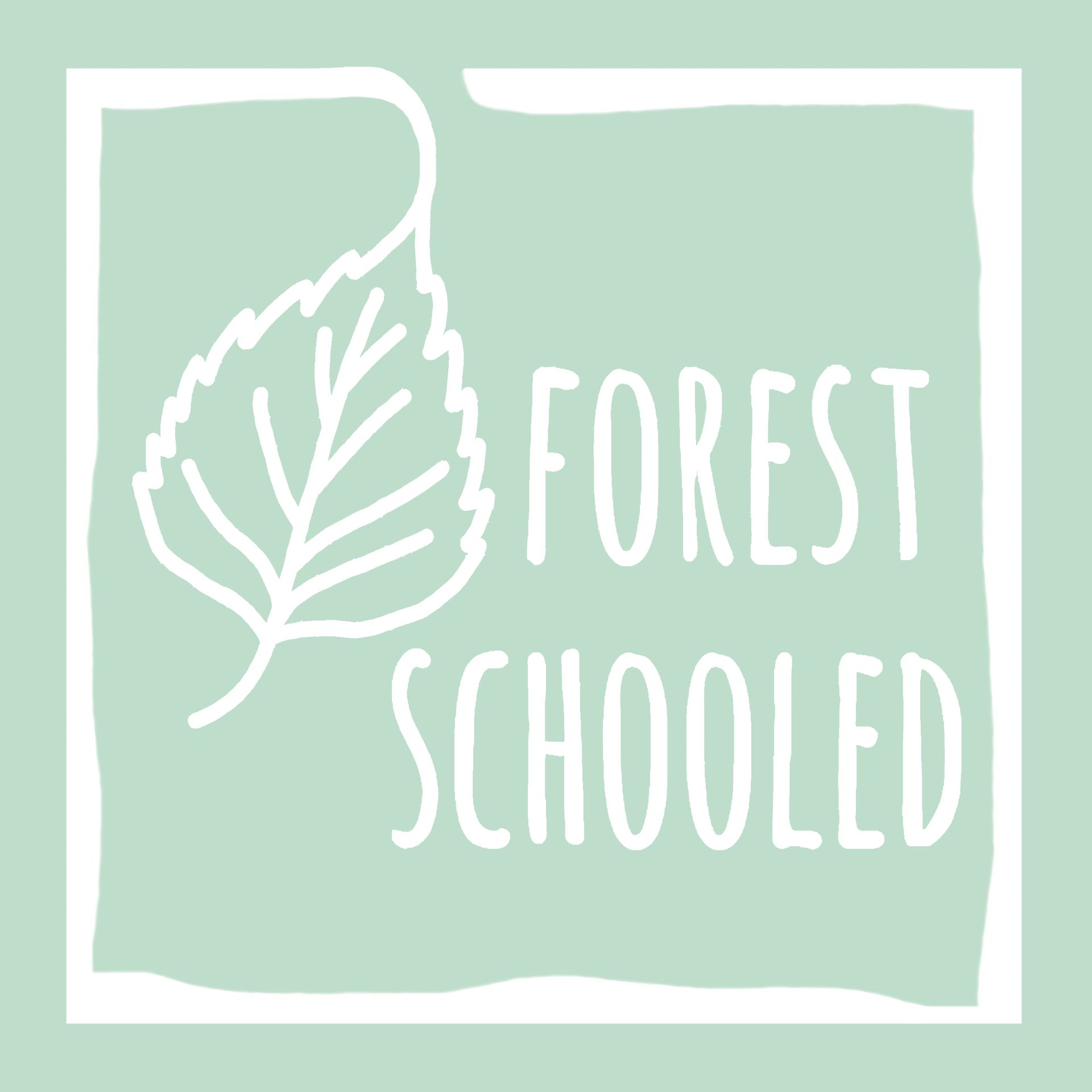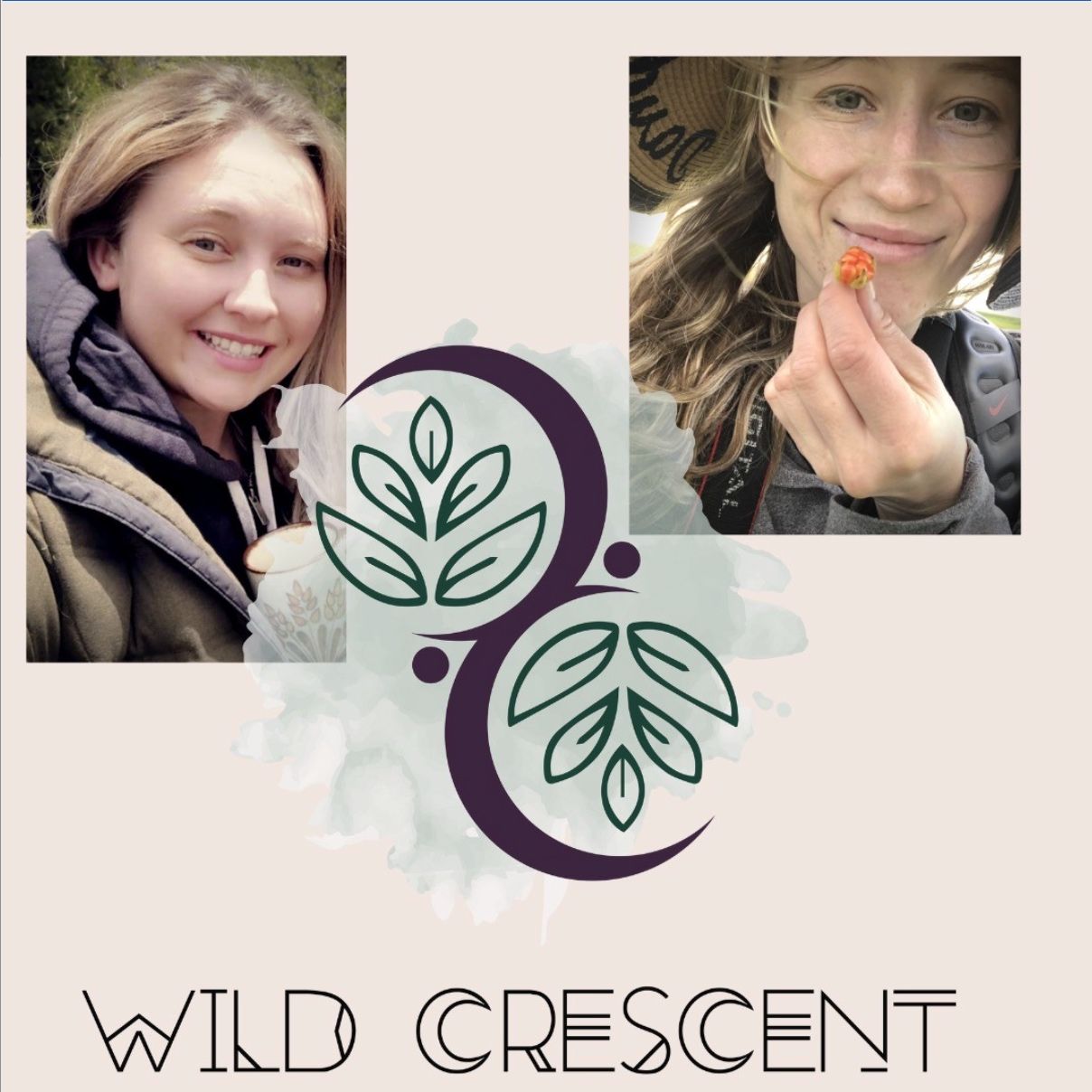
Blog
Boredom at Forest School

What's your reaction?
And I don't mean what do you say in response. I mean what do you feel in your body when you hear that?
For me, there's a default reaction which I have to talk myself out of before responding. It can range from a punch in the gut, blaming myself for not providing an environment that's entertaining enough, to anxiety at the thought, "What if they go home and tell that to their parents?!" Especially if it's a program that charges parents directly, it can almost feel like I'm not doing my job right.
But that's where I've learned to stop myself pretty darn quickly. Because I am doing my job right.
Boredom is precious. So very precious. It should be savoured, like the last piece of chocolate in that holiday gift box.
To explain this further, I'm going to hand the mic over to two mentees of mine who I love and admire so much, CodiAnne and Hailey of Wild Crescent Forest School in Colorado.

"We are in an ongoing mentorship with Forest Schooled and it is truly incredible. In one of our meetings with Caylin, she asked what we are most nervous about with our brand new forest school program.
Both of us felt the same small fear: boredom. We felt so nervous about children being bored/not entertained at our program.
Caylin encouraged us to think about why this makes us nervous? Why is boredom a bad thing?
This led to a revelation: boredom is perfectly fine! In fact, it can open doors of creativity and innovation. If someone is constantly entertained and given things to do, there is less mental space for new ideas. It provides us with an opportunity to come up with an idea to combat that boredom. Essentially, it is a psychological discomfort that tells us to come up with something to do.
With all that being said, believe it or not, children have never been bored at our programs. Nature provides a space for exploration, freedom and creativity. We've witnessed children engaged for hours with nothing but yarn and a few trees, leaves and rocks.
However, we know that a "bored child" is bound to happen at some point and we will welcome the situation with open, innovative arms!! And those arms usually involve paint, nature crafts, or making something fun out of items found in the forest."
What CodiAnne and Hailey say is not just personal observation, it's backed up by psychology research, as shared in this article by the BBC.
"Boredom is not as simple as having nothing to do.
"When we’re bored, there are two key things happening in our mind,” says John Eastwood, a psychologist at the Boredom Lab at York University, Canada. “The first thing is what I would call a ‘desire bind’. That’s when someone is kind of stuck because they desperately want to do something but they don’t want to do anything that’s on offer. Secondly, when you’re bored, your mental capacity is lying fallow. We’re itching to engage our mind. These are the two core things that are what it means to feel bored.”
Boredom is not in itself creative, argues Eastwood, who is the co-author of a new book on boredom called Out of My Skull: The Psychology of Boredom. It’s what it leads to that is important. “When you feel bored, because it’s an aversive and uncomfortable state, you’re motivated to look for something else. In that gap there’s a real chance to discover something new. What matters to me and what am I passionate about? I think that looking can be a source of creativity.”
What do you think? Have you ever encountered a bored child at Forest School? Did you jump in to make suggestions or observe quietly? What happened?
You can continue to follow CodiAnne and Hailey's journey with Wild Crescent Forest School through their social media or website. And if you're interested in learning more about the mentorship program they've been a part of with me just click the link below!
References:
Thorp, C. (2020). How boredom can spark creativity. Retrieved January 27, 2023, from https://www.bbc.com/culture/article/20200522-how-boredom-can-spark-creativity
